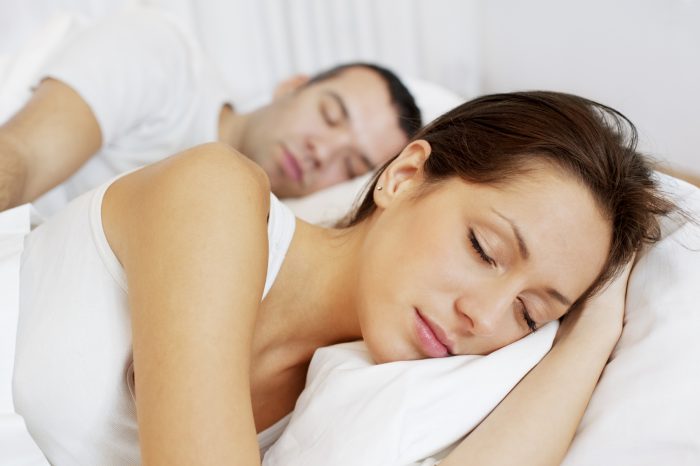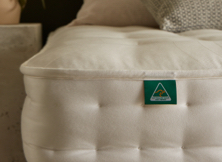The word insomnia simply means no sleep – it comes from the Latin in (meaning no) and somnia (meaning sleep). There are numerous types and many causes of insomnia, but the primary characteristic is not that there is no sleep but rather a person with insomnia has difficulty falling asleep and/or maintaining sleep and this has resulted in some daytime consequence – excessive fatigue, mood impairment, lack of energy etc.
Insomnia is the most common of all the sleep disorders and it is estimated that up to 30% of us will suffer it at some stage of our lives. It can affect all of us, no matter what stage of life.
Often, the insomnia is only short-term and may be caused by an acute illness or by feeling upset, sad or stressed. In these cases, once the illness or sadness passes so too does the insomnia. But in other cases, the insomnia is long-term with no obvious cause. In either of these situations adopting good sleeping behaviours can significantly improve your sleep.

Many people unknowingly sabotage their sleep and develop insomnia due to bad sleep behaviours like having coffee too late in the day and exercising, eating or using brightly-lit technology too close to bedtime. Make an effort to switch off all technology an hour before sleep and use that time to wind down in a dimly lit room. Preparing your mind and body for sleep and making your sleeping environment more conducive to falling asleep are extremely important steps for overcoming sleeplessness.
In this very hectic world it is also not unusual to go to bed, expecting to fall asleep, only to start thinking about the issues of the day. Once this happens it is most likely that your mind will start to race and immediately find sleep elusive. To counteract this why not, in the early evening, make a practice of spending up to 20 minutes writing events of the day that are of concern along with potential solutions. Close the book and put it away. This way when you go to bed you will have already dealt with day’s concerns and not run the risk of being kept awake by them.

Learning to be calm and relaxed will make falling asleep easier. A simple relaxation exercise you can try is progressive relaxation. This technique involves systematically tensing and then relaxing different muscle groups in your body while breathing slowly and deeply. Start at your feet and work your way to the top of your head. As you relax imagine tranquil scenes that you associate with peace and quiet.
If, after implementing these good sleep behaviours, your sleep does not improve, then it is time to consult your doctor. When it comes to your body and mind, you need quality sleep to perform at your best. Without adequate sleep you not only will be more likely to under-perform the task at hand, but you will also be putting your body and mind at an increased risk of health complications.

































